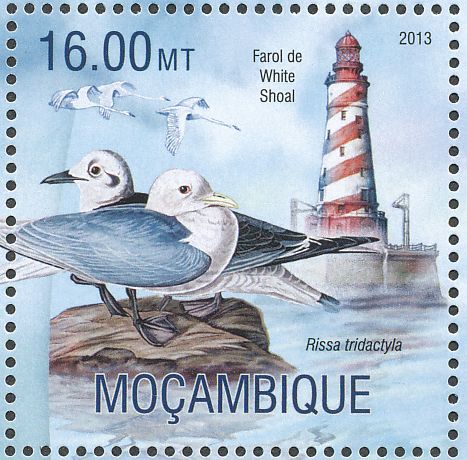Bempton Cliffs bird reserve was in fine fettle last week. The last of its population of puffins (Fratercula arctica) had departed for the winter a few weeks earlier, while its thousands of young gannets (Morus bassanus) were still being cared for by their parents on the chalk cliffs of the East Yorkshire nature site. For good measure, kittiwakes (Rissa tridactyla), cormorants (Phalacrocorax carbo) and fulmars (Fulmarus glacialis) were also bathing in the sunshine. It was a comforting sight for any birdwatcher but this benign picture was in stark contrast to many other bird reserves in Britain. Our populations of seabirds – arctic skuas (Stercorarius parasiticus), arctic terns (Sterna paradisaea) and kittiwakes – are in freefall. And, in some cases, the numbers are dire.
One example of the devastating losses is found on St Kilda, one of the most significant seabird colonies in the North Atlantic. On this rocky outpost, there has been a 99% reduction in kittiwake nests since 1990. Last year only one pair bred in all the monitored sites on the island, and that single chick died. Yet in the middle of the last century these distinctive dark-eyed gulls thrived across the island. In addition, the kittiwake colony at Marwick Head on Orkney was once a noisy, bustling home to thousands of kittiwakes but is today deserted.
Similarly, Fair Isle puffins, with their large pale cheeks and brightly-coloured bills, have dropped in numbers from 20,000 to 10,000 over the past 30 years, while on Orkney and Shetland guillemots have also halved in number with several colonies disappearing. Fulmars, arctic skuas and arctic terns have also suffered massive losses. Added together, these statistics indicate that, in the past 25 years, Scotland may have lost almost half its breeding seabird population.
A catastrophe is unfolding. The UK is an internationally important site for seabirds, is home to most of the world’s Manx shearwaters, gannets and great skuas, and has significant colonies of many other key seabirds such as the Atlantic puffin. Yet the government has resolutely declined to fund a new national census in the wake of those organised in 1970, 1985 and 2000 and which it is supposed to instigate every 15 years.
Source: The Guardian, 20 August 2017
https://www.theguardian.com/environment/2017/aug/20/seabird-colonies-fa…

- Login om te reageren
